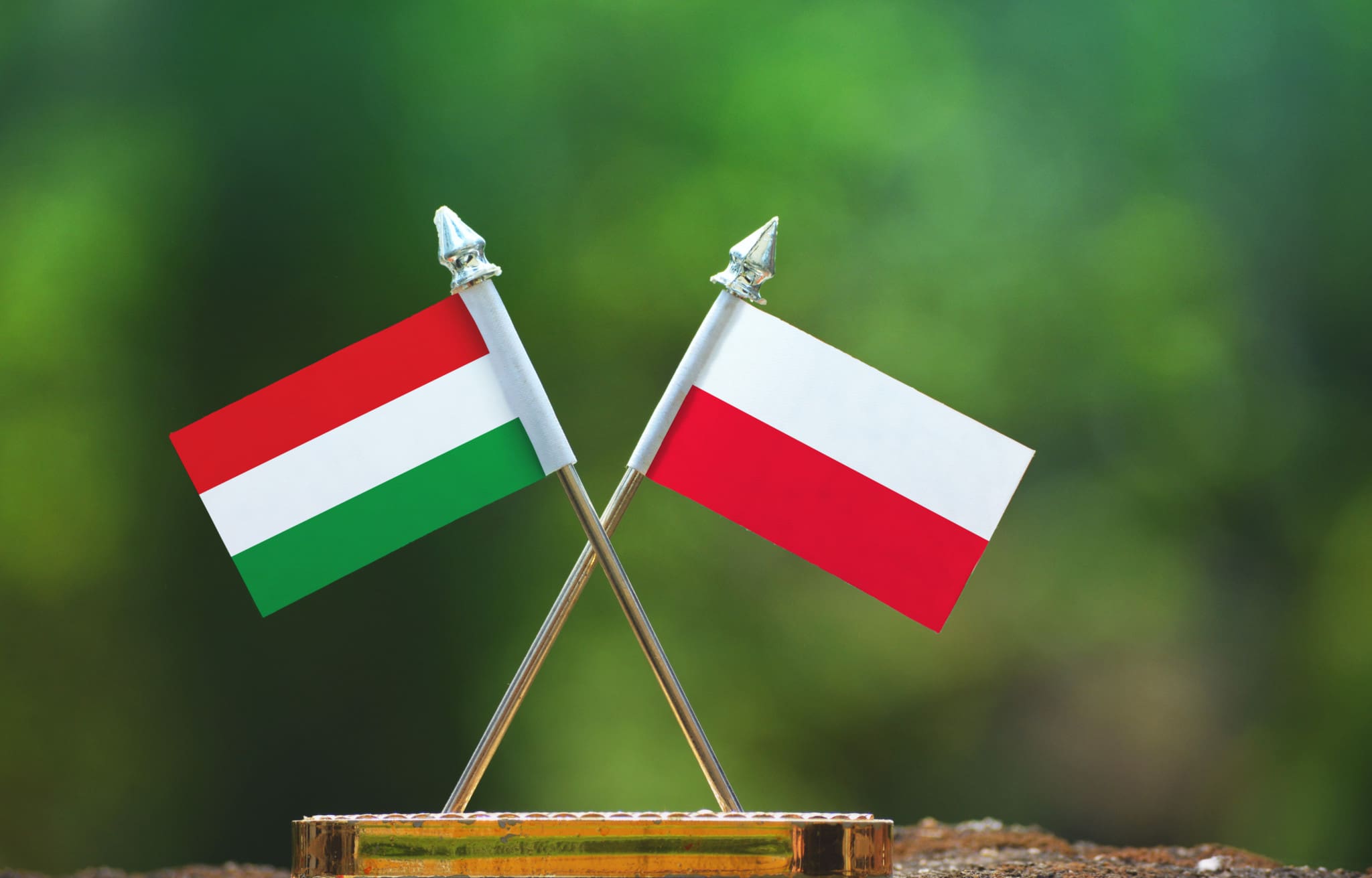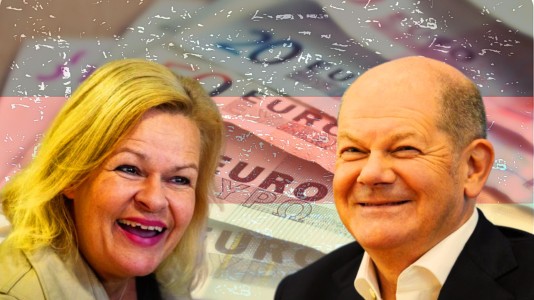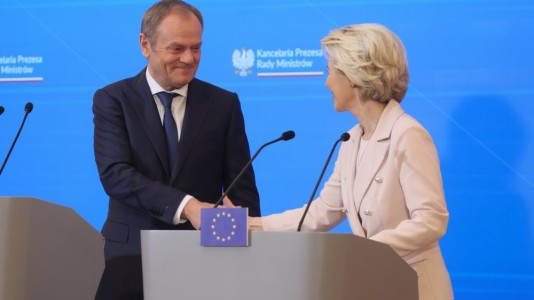The Polish Ministry of Education (MEN) is planning to reduce the content of the curriculum for state schools, including a reduction in the amount of history taught. As part of this, MEN plans to change the way in which students are taught about Polish-Hungarian relations.
According to the Polish-Hungarian History Commission, the curriculum has deleted any content on Polish-Hungarian relations in the 14th and 15th centuries, as well as the reign of King Stephen Báthory.
The Polish-Hungarian committee argues that relations between the two countries were important for our region, as they led to the Visegrad gatherings, and that the royal families of the two countries were intertwined. These were important factors that led to cooperation in this region of Europe.
The reign of Báthory was also important for these relations, as it was during his time as Polish monarch that Poland helped repel the Ottomans from Hungarian and Austrian lands.
The Committee further said that the 1956 uprising in Hungary was not an isolated event and that the interconnections with events in Poland that same year should not be ignored in the curriculum. It was Polish society that did the most to help Hungary in the autumn of 1956, and the solidarity between the two nations is accentuated in the Hungarian teaching of history.
The historians are concerned that the new curriculum proposed by MEN runs counter to the spirit of the traditional friendship and solidarity between the two nations. The common teaching about historical events that link the two countries is, according to them, a way of nurturing the friendship and understanding between them. They also feel that weakening the teaching of such ties will be detrimental to future regional cooperation.
The committee’s stance has been backed by 60 academics, including historians, as well as Polish and Hungarian language teachers from both countries.






